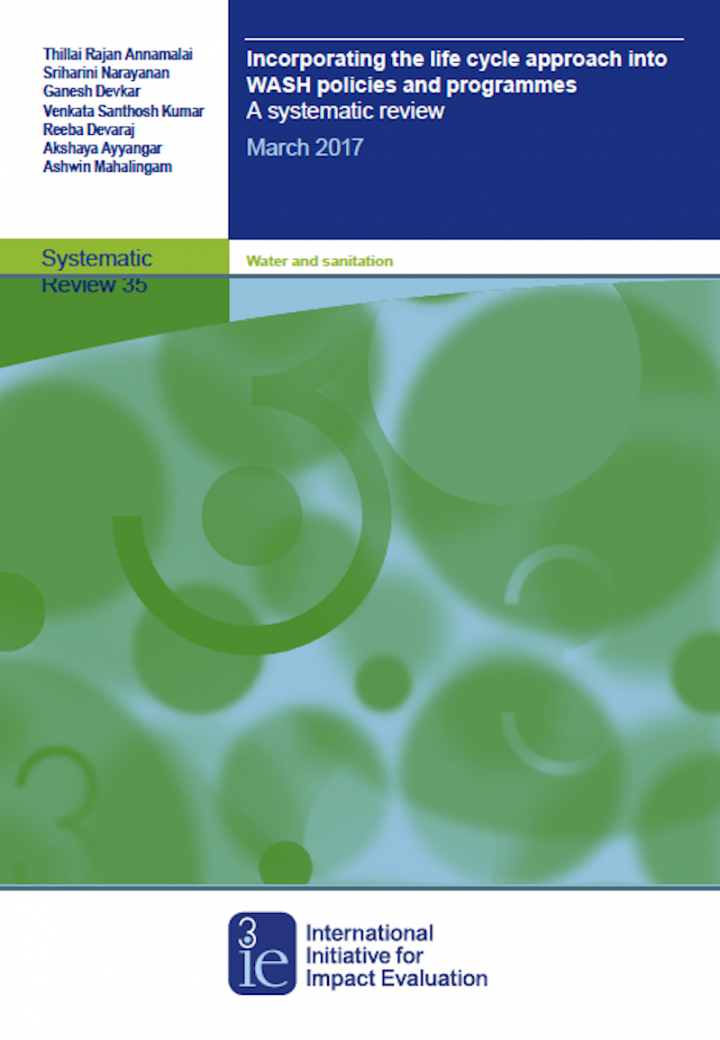Incorporating the Life Cycle Approach into WASH Policies and Programmes: A Systematic Review Annamalai, T.R., Narayanan, S., Devkar, G., Kumar, V.S., Devaraj, R., Ayyangar, A., Mahalingam, A. (2017)
The paradigm for identifying the beneficiaries and understanding their needs and requirements for delivery of WASH services has evolved over time. Initially, governments started with the overarching objective of providing universal access to WASH services. During the MDG period, there was increased thrust to understand the specific needs and requirements of different population segments, in order to ensure equitable access. By addressing the access needs of different population segments, the objective of universal coverage to WASH services can be achieved.
Population could be segmented using two broad paradigms: Geographic and Social segmentation (GSS) and the Life-Cycle Segments (LCS). The formal would involve classifying the population on the basis of geography and social status such as rural, urban, caste and so on. The latter would involve classifying population segments on along the human lifecycle such as gender, age, and disability.
In this review, we studied the extent to which policies and P&P in WASH sectors during the MDG period have incorporated LCS and contrast it with the trends seen in the incorporation of GSS. By incorporation of LCS or GSS we mean the following: (i) the number of different LCS and GSS that could be explicitly identified in the policies and P&P documents included in the review; (ii) the identification of the barriers (i.e., obstacles to access) specific to the different population segments; (iii) the strategies used to address the needs and requirements of different LCS and GSS; and (iv) the nature of benefits envisaged for the different segments.
Bibliographic information
Annamalai, T.R., Narayanan, S., Devkar, G., Kumar, V.S., Devaraj, R., Ayyangar, A., Mahalingam, A. (2017). Incorporating the Life Cycle Approach into WASH Policies and Programmes: A Systematic Review WSSCC
Filter / Tags
English
Downloads

Published in: 2017
Pages: 277
Publisher:
WSSCC
Author(s):
Annamalai, T.R., Narayanan, S., Devkar, G., Kumar, V.S., Devaraj, R., Ayyangar, A., Mahalingam, A.
Uploaded by:
WSSCC
Water Access and Sanitation Collaborative Council
